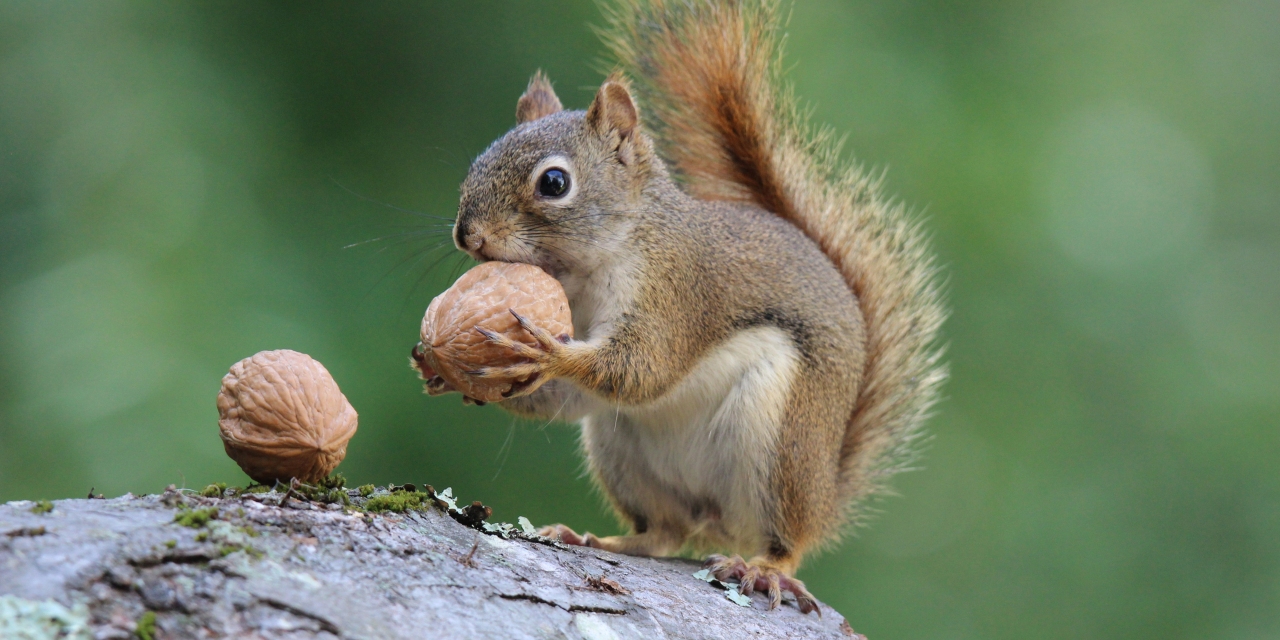Moving away from home offers better prospects for male squirrels than for females, according to a new study by University of Alberta ecologists.
The researchers used nearly 30 years of data on a population of North American red squirrels in the Yukon to examine how the number of offspring and total lifespan differed between squirrels living in the same area in which they were born and those who were newcomers to the area.
"The benefits to living in a different population than you were born in are sex-dependent-males benefit from moving away, whereas females do not," explained PhD student April Martinig, who was the lead author on the study.
"We also found that the decision to move away or stay at home has an impact on offspring, said Martinig, noting that offspring of "immigrant" mothers or fathers had fewer babies than those of resident squirrels.
For male squirrels, moving away is beneficial because they no longer need to compete with their siblings for limited resources such as mates or food. Males also benefit because female squirrels prefer to mate with newcomer males.
Female squirrels do not reap the same benefits, and instead lose out on the support of nearby family-something male squirrels don't receive.
"Squirrels live in a world where there are only so many 'empty apartments' to live in," said Martinig, who is conducting her PhD studies under the supervision of U of A ecologist Stan Boutin.
"Sometimes one sibling is allowed to stay at home-so everyone else must go. If there are no vacancies nearby, squirrels then have no choice but to move farther away. This is what females face: losing the benefits of having family nearby."
"Movement is a crucial component of species persistence," added Martinig. "Understanding how and why certain individuals move is key to protecting populations as climate change impacts their distribution on the landscape."
The study, "The New Kid on the Block: Immigrant Males Win Big Whereas Females Pay Fitness Cost After Dispersal," was published in Ecology Letters.
